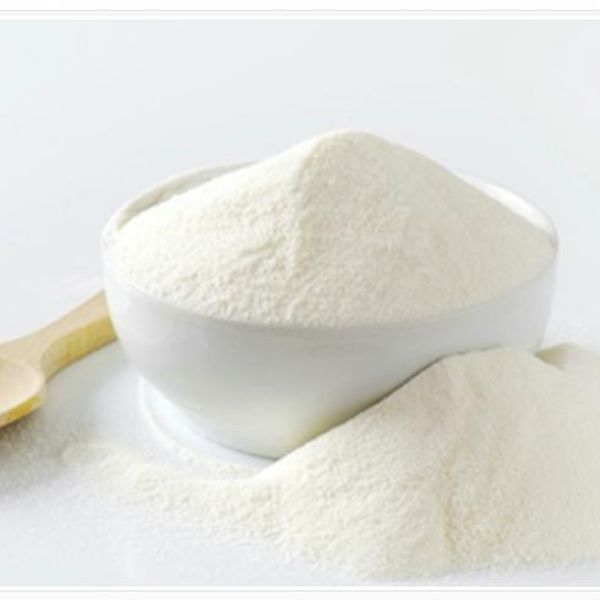Colistin sulfate is a narrow-band antibiotic. Mainly has a strong antibacterial effect on Gram-negative bacteria, sensitive bacteria include Pseudomonas aeruginosa, E. coli, Enterobacter, Klebsiella, Salmonella, Shigella, Pasteurella and Vibrio Wait. Proteus, Brucella, Serratia and all Gram-positive bacteria are resistant to this product. Polymyxins are slow-acting fungicides, mainly acting on bacterial cell membranes. When in contact with sensitive bacteria, the free amino groups in their chemical structures (positively charged) combine with phosphate phosphates (negatively charged) on bacterial cell membranes , Increase the permeability of the membrane, leading to the leakage of important substances such as amino acids, purine, pyrimidine, K + and so on. It can also affect the function of nucleoplasm and ribosome. Bacteria are not easy to develop resistance to this product, and there is no cross-resistance with other antibiotics, but polymyxin) and B have complete cross-resistance.
The characteristics of colistin sulfate:
(1) It has a strong ability to resist Gram-negative bacilli. In particular, it has a specific development hindering effect on E. coli, Salmonella, and Pseudomonas aeruginosa.
(2) It can kill bacteria. By blocking the selective permeability function of the cell membrane, the bacteria die
(3) There is almost no problem of drug resistance. No R factor resistance was found.
(4) Synergy with anti-Gram Chemicalbook positive bacteria drugs. Combined with bacitracin zinc, flavomycin, sulfonamides, semi-synthetic penicillin, gentamicin, etc., the effect is even better. (5) No residue. When taken orally, it is hardly absorbed by the intestine, but when injected intramuscularly, the blood is well absorbed, so there is no need to worry about residues in animal products.
(6) Promote the growth of livestock and poultry, and prevent infectious enteritis of livestock and poultry.
Post time: May-13-2020
